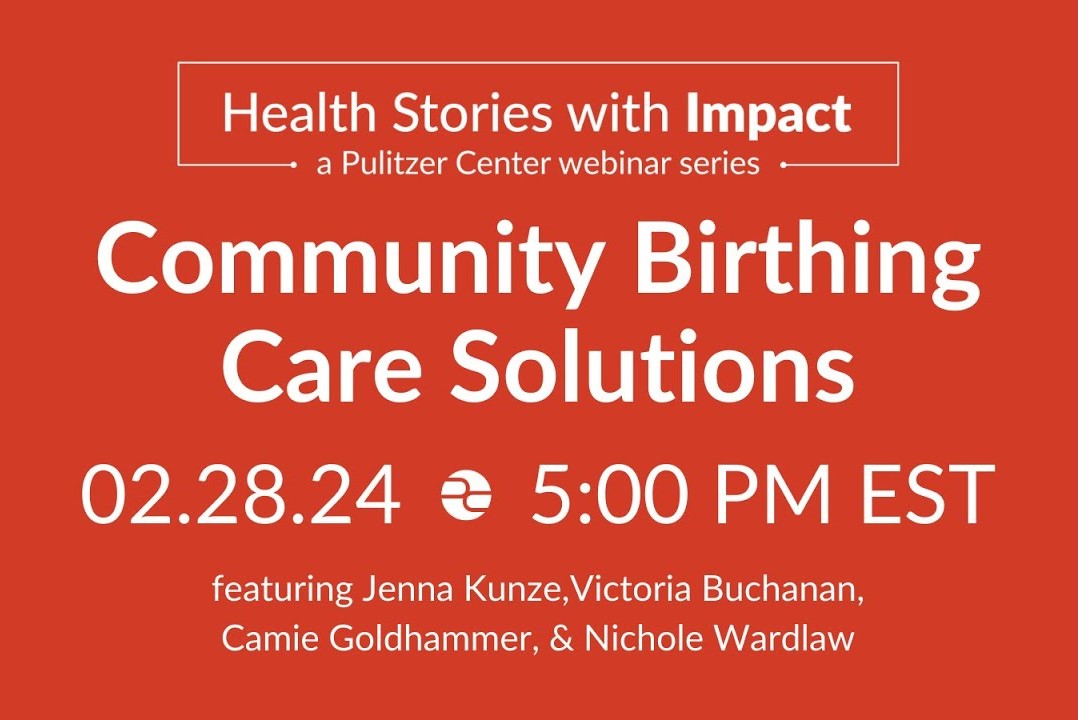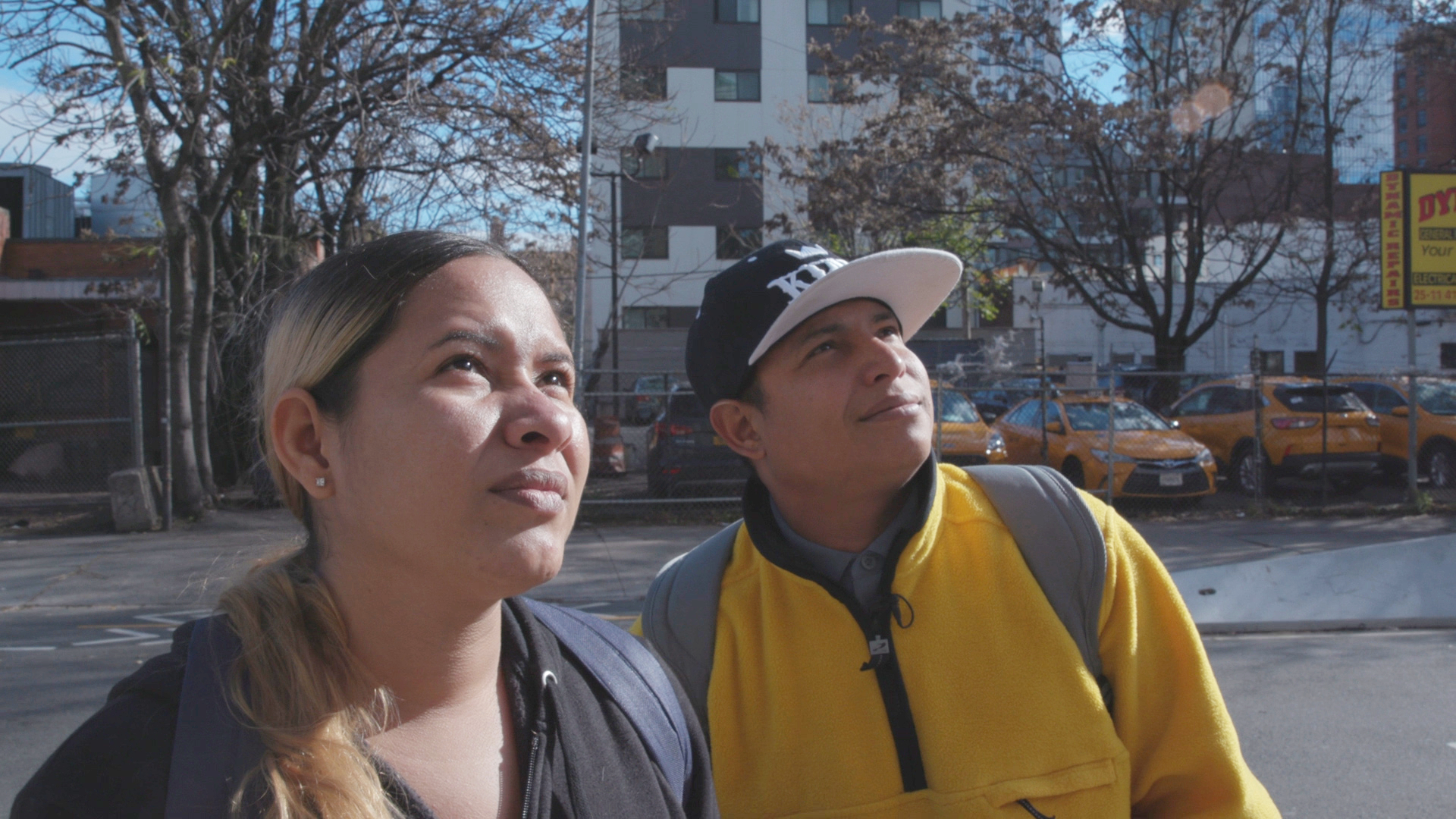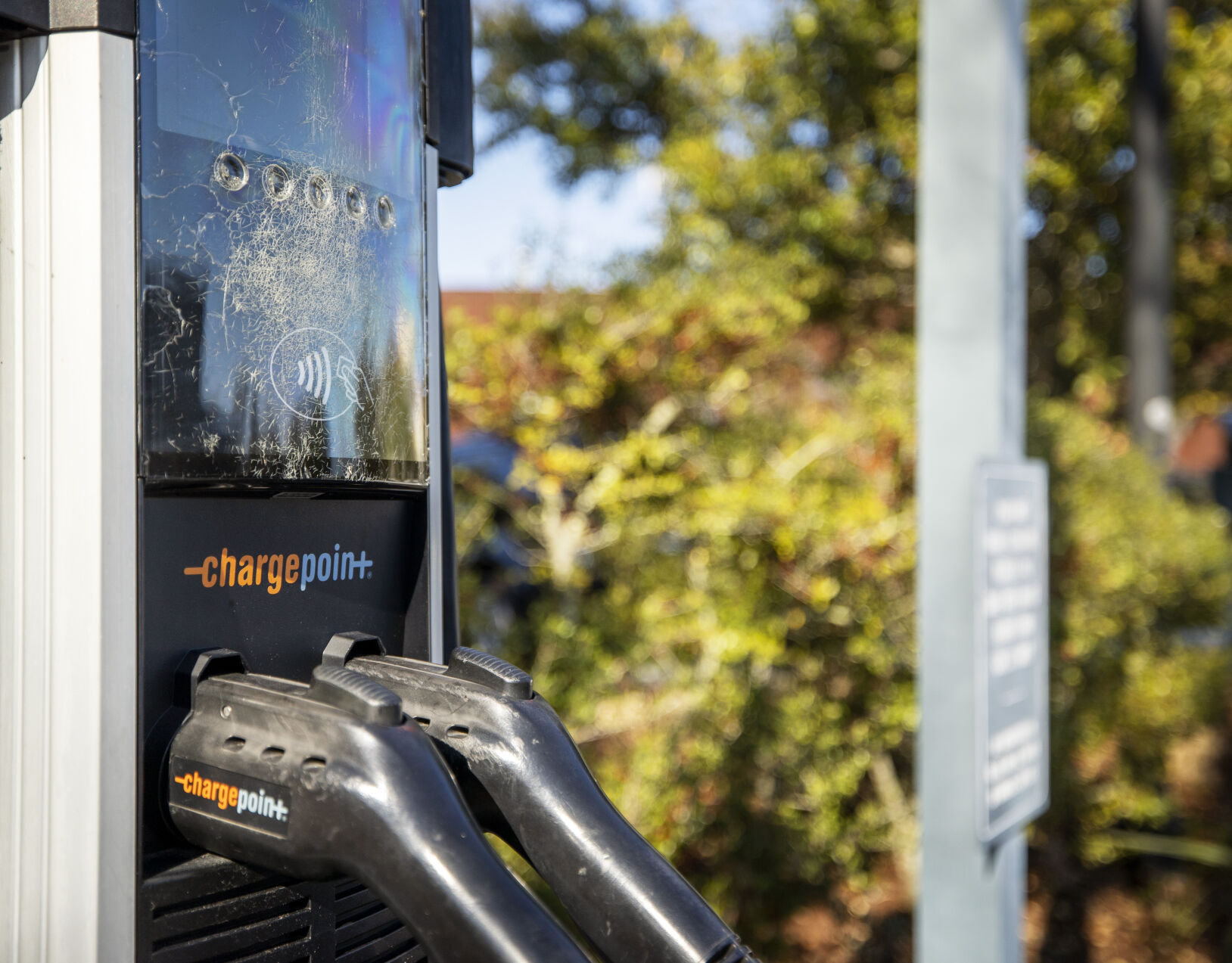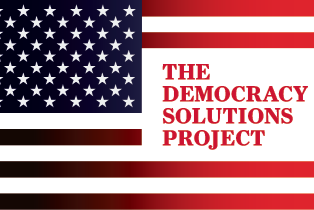-

Pulitzer Center Update
Webinar On-Demand: Community Birthing Solutions
It is “stepping in where we need to […] and giving them that unconditional auntie love and modeling...
March 1, 2024 -

Pulitzer Center Update
The '1619' Education Conference: 'We Want Students To Be Able To See Themselves'
On February 17 and 18, 2024, nearly 700 participants gathered virtually for The 1619 Project...
February 29, 2024 -

The voting machine industry is dominated by three companies. Spenser Mestel investigates whether...
-

Pulitzer Center Update
Uncovering the World’s First Seabed Mining Site
Ocean reporting that reveals scientific evidence This week the Ocean Reporting Network was excited...
February 23, 2024 -

Project
Democracy Solutions Project
This project examines critical issues facing American democracy today, including barriers to voting...
-

Project
Autoritários (Authoritarians)
A podcast examines authoritarian leaders around the world.























